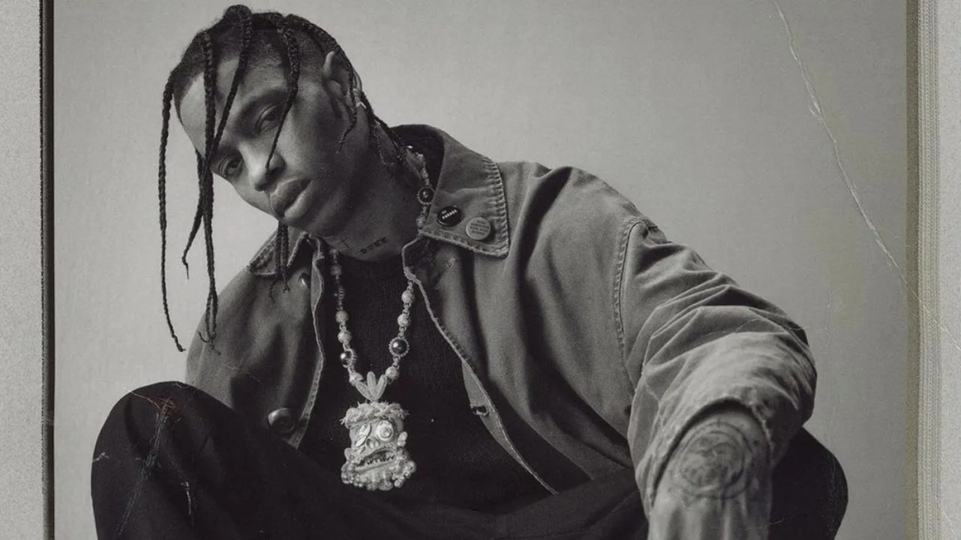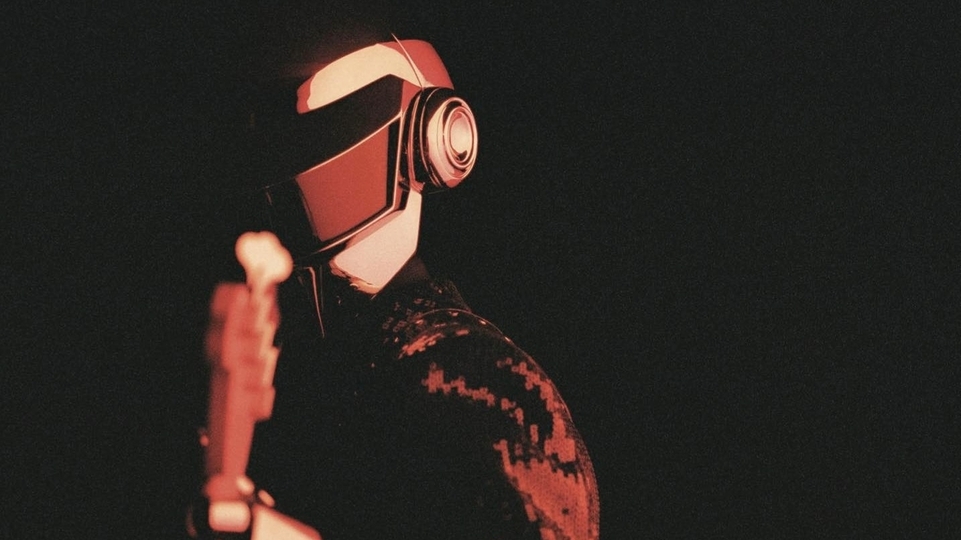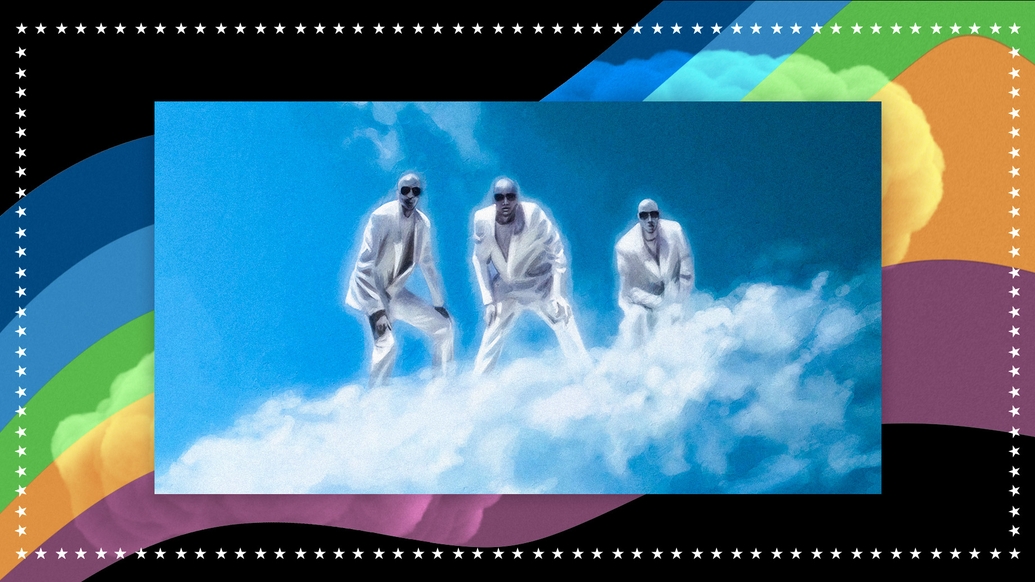
How Stardust’s ‘Music Sounds Better With You’ inadvertently changed the face of house music
Almost exactly 21 years after its release, Stardust’s ‘Music Sounds Better With You’ is getting the re-release treatment. Bruce Tantum explores the legacy of one of the most instantly recognisable tunes in house music history
This feature was originally published in 2019.
It wasn’t meant to be a hit. It wasn’t even planned to be released. But when Alain Quême, a young Paris-based producer working under the name Alan Braxe, needed to quickly put some music together for an upcoming live set at the venerable Rex Club, he inadvertently changed the face of clubland history. The sessions leading up to the gig resulted in one of the most instantly recognisable tunes in house music history — Stardust’s ‘Music Sounds Better With You.’ Released on 20th July 1998, the song became one of the biggest-selling dance tracks of the year, with an influence that extends to this day. Almost exactly 21 years later, the song is getting the rerelease treatment, with a remastered vinyl version (single sided with lyrics etched on the flip, just like the original) hitting the shops on 28th June; it will also be available on streaming services for the first time.
‘Music Sounds Better with You’ came together almost by accident when, in preparation for the Rex Club set, Braxe called on the help of a couple of friends, Daft Punk’s Thomas Bangalter and vocalist Benjamin “Diamond” Cohen. (Daft Punk was not quite the world-conquering force it is today — ‘Homework’ had come out in 1997, but ‘Discovery’ was still years away.) Together the trio settled in at Bangalter’s home studio, Daft House, and began to tinker away. In the process of putting the music together, the team began to realize that one of their concoctions had that ineffable something, the magical essence that transforms a mere track into a far greater achievement.
Like many of history’s beloved dance tracks, ‘Music Sounds Better with You’ is as simple and direct as a song can be. But just in case anyone needs a reminder, the core of the track is made up of a quick-hit guitar-riff loop, anchored by a straightforward yet hooky four-bar bassline. (The guitar was sampled from the first few seconds of Chaka Khan’s ‘Fate’, from 1981’s ‘What Cha' Gonna Do for Me” LP.) Diamond’s vocals, sung in a tone that’s half-pleading, half-ecstatic, soon join in: “Ooh baby, I feel like, the music sounds better with you / Love might bring us back together / I feel so good.” Toss a bit of filtering into the mix, and there you have it — there’s no build-up and no breakdown, save for a short passage when the guitar is filtered nearly down to a spectral afterglow. It doesn’t do much of anything, really, nor does it have to. It exists in a state of pleasure-giving perfection.
Soon after the Daft House sessions, a handful of Stardust white labels crossed the Atlantic to land at the March 1998 edition of Miami’s Winter Music Conference. Dimitri from Paris remembers it well. “It was outside at the Raleigh Hotel, at an afternoon party,” he says. “Daft Punk were on and played the song, and everybody was going ‘What is this? It’s really good!’ I went up to Thomas to ask about it, and he said, ‘Oh, it’s this new thing I did with a couple of other guys. Here, have one!’ And the record became so big, even before it actually came out, that some promoters were booking me just because I had that record.” The veteran New York DJ and producer Hector Romero was also one of the lucky recipients. ‘I was blown away the first time heard it, just like most people were,” he remembers. “It was just so infectious. Here’s this record that samples this simple one-bar loop, and they managed to create a monster around it! It was almost shocking.”
That shock value was one of the keys to its success. The French house explosion of the mid- to late-’90s was already well underway, and the likes of Motorbass (made up of X and Zdar, who sadly passed last week), St. Germain and, of course, Daft Punk had already been releasing the records which for many people had served as an introduction to the fertile Parisian scene of the time. But the way in which ‘Music Sounds Better with You’ distilled a certain strain of French dance music — the kind that relied heavily on catchy filtered loops and a disco-kissed vibe — down to its base elements, to such outsize effect... well, it felt like a glittering new world had just been invented. Its June release on Roulé was, arguably, the moment that shifted the entire French Touch movement into high gear. And it sold by the truckload: Various reports on the Roulé sales figures range between 250,000 and 400,000 records, and after Virgin signed the track later in 1998, it went on to shift a whopping two million records.
A charming, dreamy video for the song by the then-ascendant French auteur Michel Gondry did nothing to hurt those figures. While a young boy diligently works on a model airplane, a clip featuring the trio — heavily disguised, presaging Daft Punk’s robo-helmet schtick — mime the song on a ‘Top 5 Hits’ program. (Short segments of the other four hits, parodies of ’80s-esque video tropes, are glimpsed as well.) As the boy continues to construct the plane, he dreams of flight. When the boy’s project is completed, he hoists the plane aloft, and it soars above the hilly French countryside. It alights on a cloud, where Stardust — now Valhalla-dwelling gods, apparently — relaunches the plane and send it back on its way to the awaiting boy. Fin.
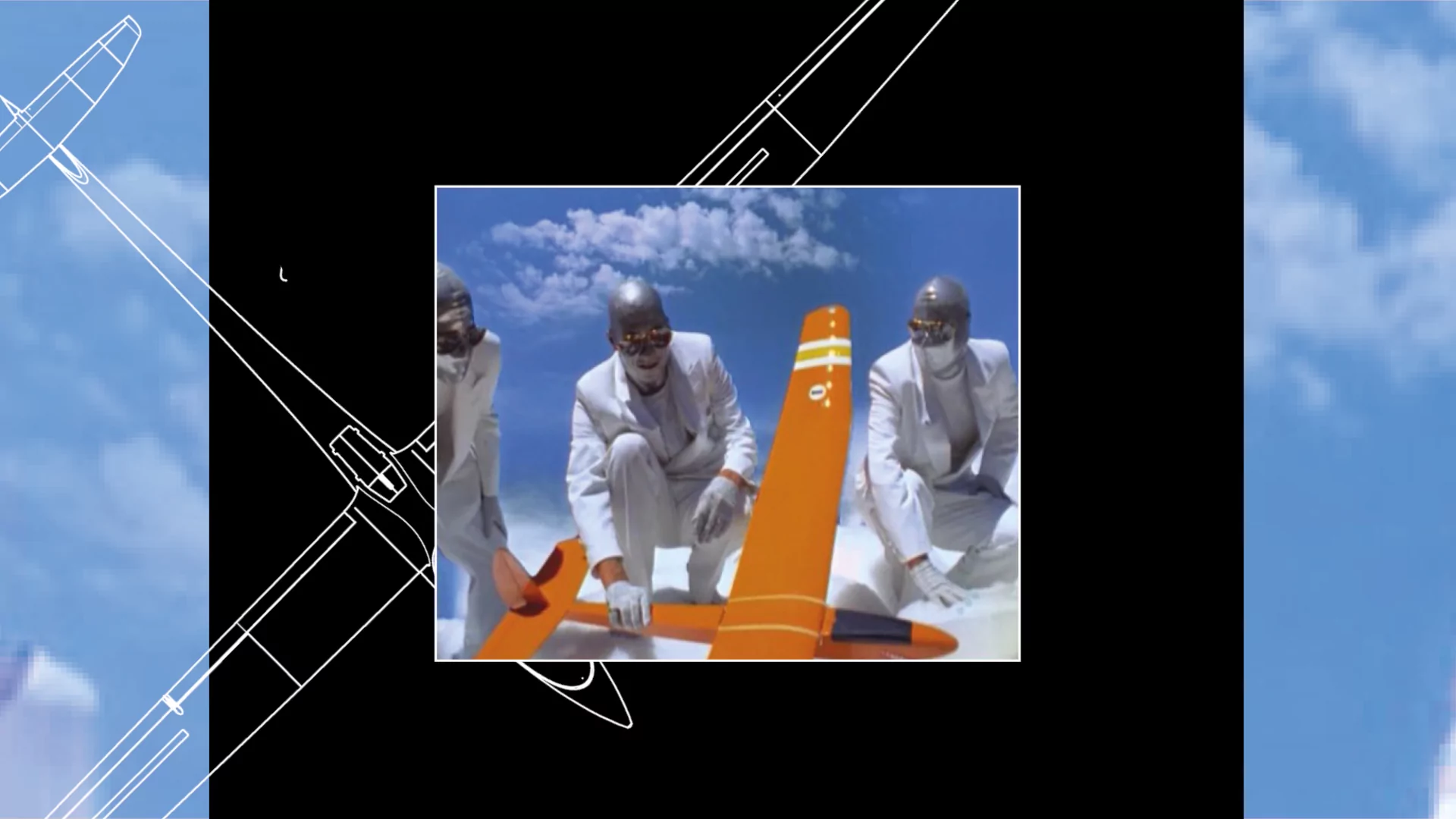

The tension between the song’s humanistic warmth and its super-pop artificiality makes it tempting target for analysis. Ryan Alexander Diduck full-on went for it when he wrote in a 2018 analysis for Fact that the song’s “ambivalence suggests a key pre-millennial anxiety of either orienting toward an uncertain future, or receding into a more comfortable and infinitely replicable past... a perfect symmetry of simulacrum and the simulated.” Likewise, writing for Insomniac.com, Jonny Coleman states that “the music video for the song only helps reinforce the notion that this whole Stardust concept is supposed to exist in some other familiar but foreign liminal space, something ghostly but still warm and inviting.” But those kinds of interpretations tend to miss the point — above all else, it’s the simply music can put a smile on the face of all but the most cold-hearted.
Except for a handful of remixes that came out in December of 1998, from DJ Sneak, Chateau Flight, and Bibi & Dim (a.k.a. Frédéric Tharreau and Dimitri), there never was another release credited to Stardust, despite the fact that Bangalter was rumoured to have been offered three million dollars for a follow-up album. There are supposedly a handful of Stardust demos collecting dust in the vaults, but it’s probably best if they never see the light of day. After all, ‘Music Sounds Better with You’ is the Platonic ideal of sparkly, feel-good house music, and how could anyone ever top that?
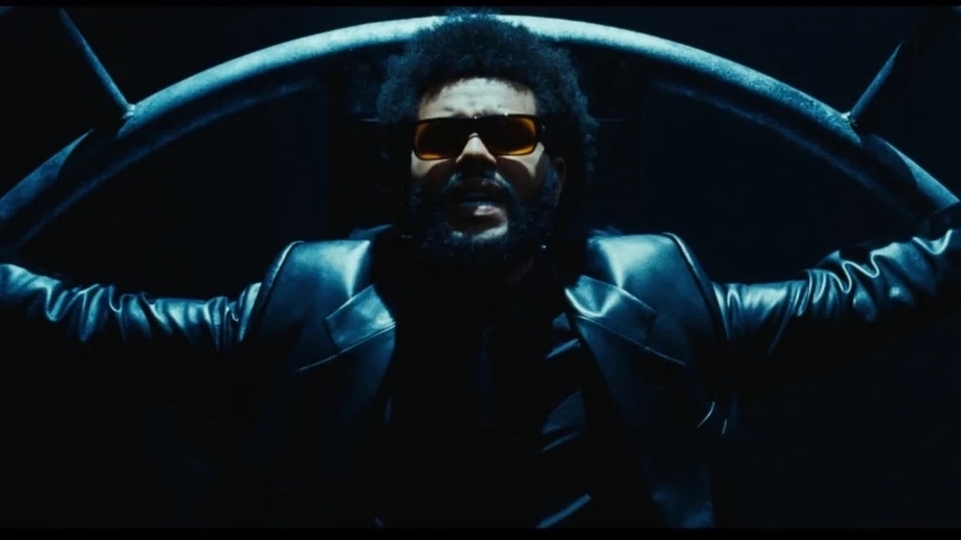
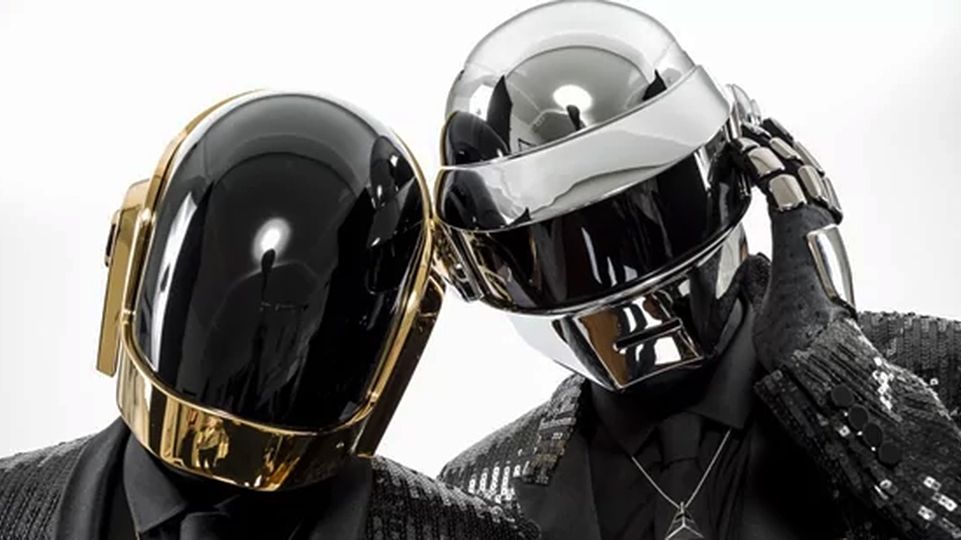
%20daft%20life%20ltd5718.jpg)
